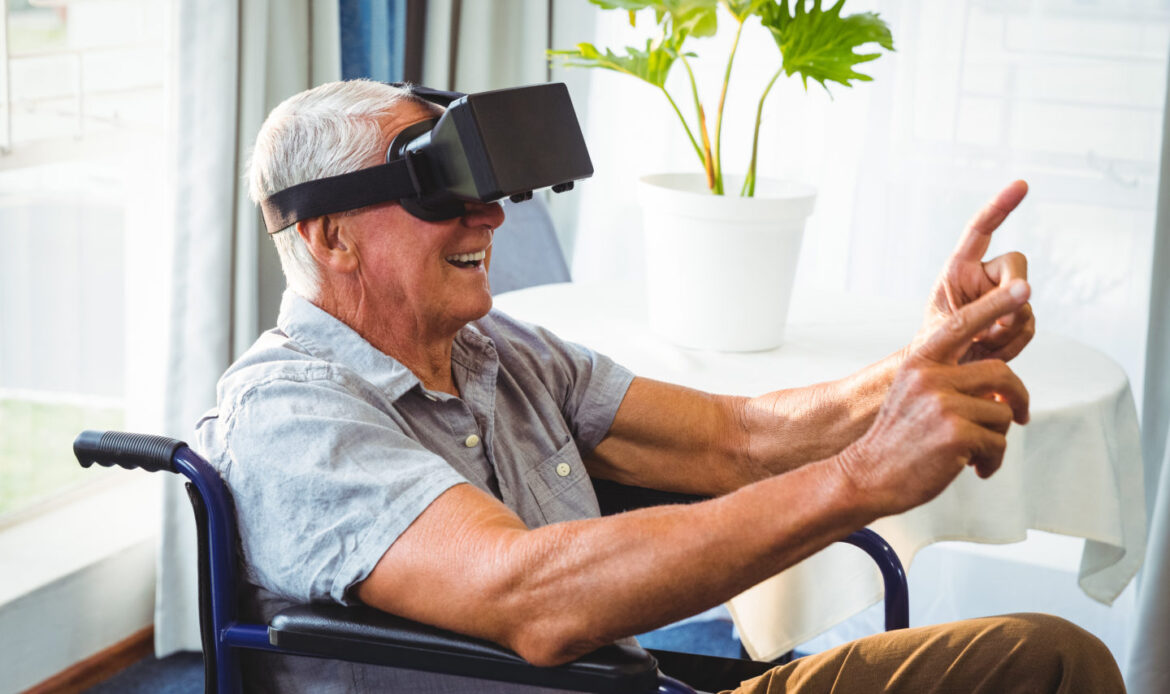Next generation technologies such as artificial intelligence, machine learning and blockchain will democratize healthcare and provide access to care in any setting opening up possibilities for patients and care providers. One of the biggest limitations in the current global healthcare system is the degree of health inequality. Differences in healthcare accessibility and levels of clinical expertise and performance are staggering depending on the region and care setting. Today’s gaps in life expectancy, socio economic conditions and access to care along with the huge variation in standardized care are not limited to emerging countries like India and China. As trained clinicians become diminishing and unsustainable resource, virtual care, connected health system and powerful data analytics offer the promise of a universal standard of patient care. The artificial intelligences in healthcare are as follows:
Accessibility. More than 150 countries have some form of healthcare system that provides coverage to at least to 90% of their citizens. Yet, variations in access to basic and specialist care are vast. As the industry shifts to value-based care, there is need to bring healthcare closer to patients and make sure those who have imaging performed in rural can benefit from the experts’ virtual analysis independent of where the radiologist is located geographically.

Affordability. Patchy healthcare coverage makes the patients to pay treatments from their pockets. In the U.S, one in four American families turn down necessary medical care due to cost. These high costs of care are often related to the burden of excessive administration costs. Artificial intelligence can significantly cut down the costs. Machine learning can find patterns in patients’ admission and discharges to determine which patient category tend to overstay in hospitals and reduce patients’ stay accordingly cutting down costs. Artificial intelligence also enables streamlining of processes and creation of more user-friendly workflows, reducing staff time spent.
Accuracy. The use of artificial intelligence to predict diseases is in the early stages, but the technology is already being used to treat patients with more precision. As more healthcare providers invest in population health population health management, artificial intelligence is helping drive more accurate risk stratification. By finding patterns based on large subsets of data, artificial intelligence lends greater precision to segmenting patients based on risk levels and identifying a proactive course of action to treat those deemed high risk patients.

